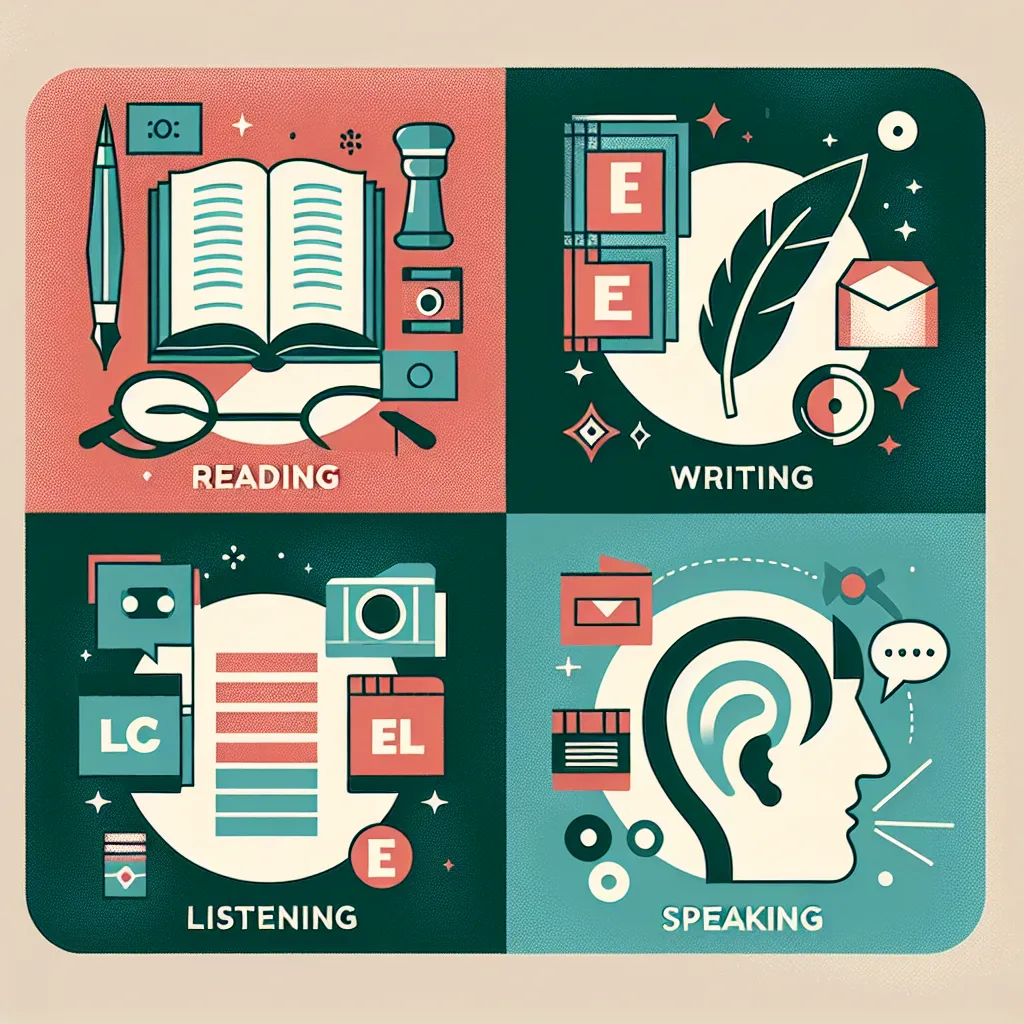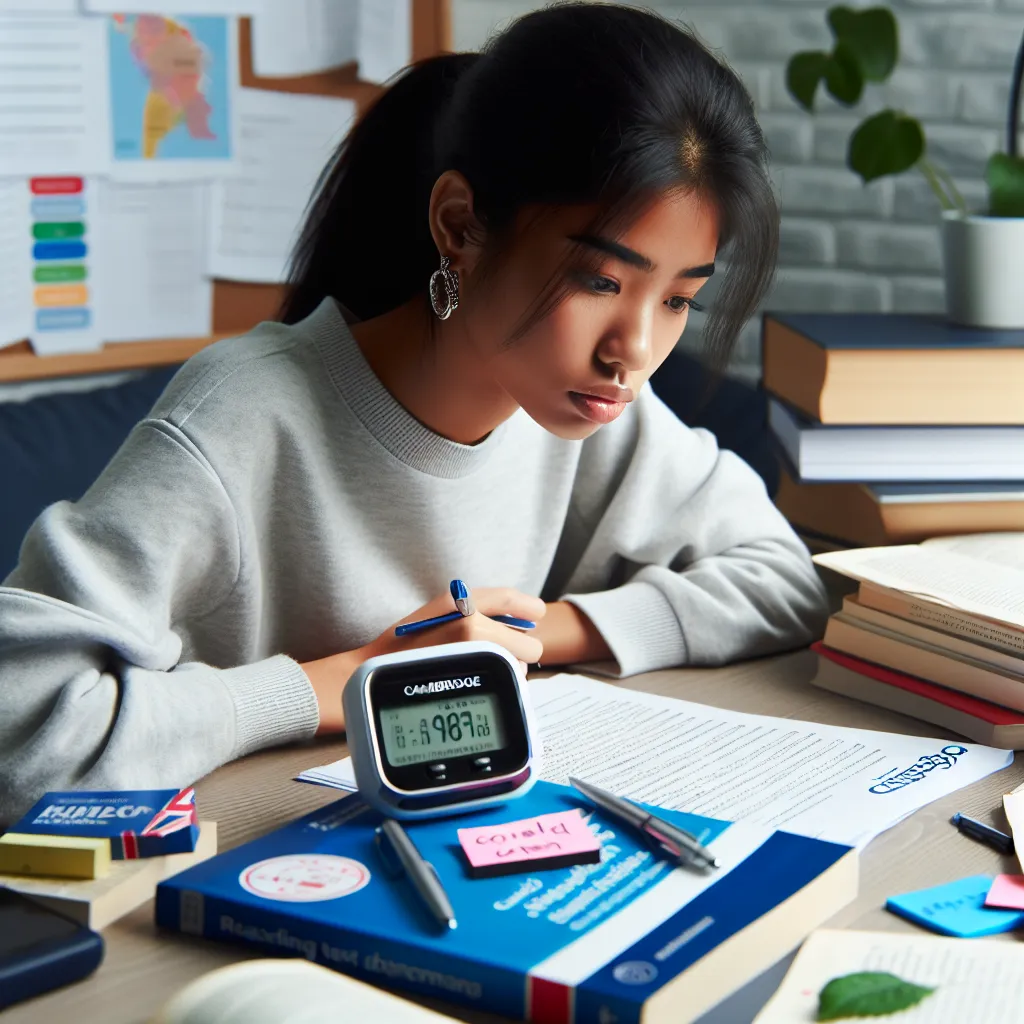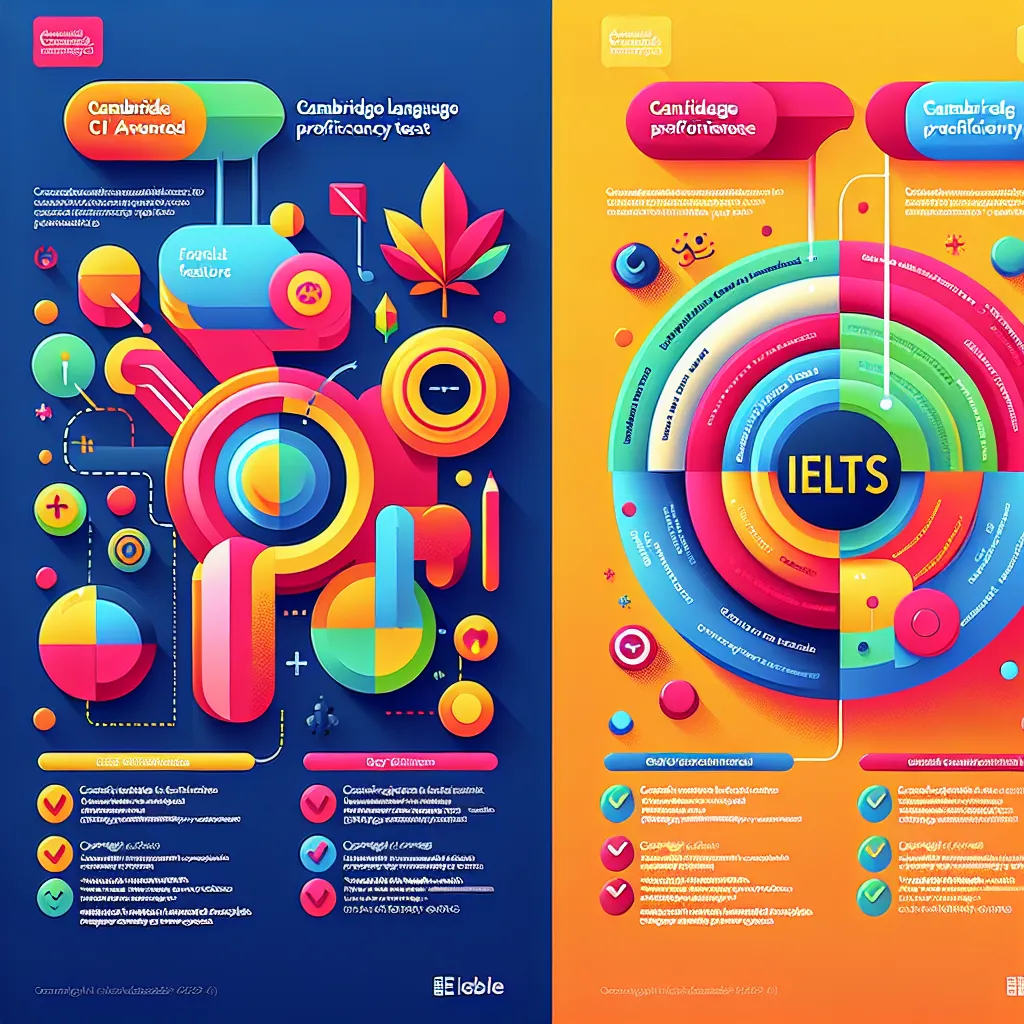Are you preparing for a Cambridge exam but don’t have access to a teacher? Don’t worry! With the right approach and resources, you can effectively prepare for your Cambridge exam on your own. This comprehensive guide will provide you with valuable insights, strategies, and tips to help you succeed in your self-study journey.
Understanding the Cambridge Exam Structure
Before diving into your preparation, it’s crucial to understand the structure of the Cambridge exam you’re taking. Whether it’s the First Certificate in English (FCE), Certificate in Advanced English (CAE), or another Cambridge qualification, each exam has its own specific format and requirements.
Key Components of Cambridge Exams
- Reading and Use of English
- Writing
- Listening
- Speaking
Familiarizing yourself with these components will help you tailor your study plan effectively.
 Cambridge Exam Components
Cambridge Exam Components
Creating a Self-Study Plan
Without a teacher to guide you, creating a structured study plan is essential. Here’s how to develop an effective self-study routine:
- Set clear goals: Define what you want to achieve and by when.
- Assess your current level: Take a practice test to identify your strengths and weaknesses.
- Allocate study time: Dedicate specific hours each day or week to exam preparation.
- Balance your focus: Ensure you’re giving attention to all exam components.
Remember, consistency is key. Even short, regular study sessions can be more effective than long, infrequent ones.
Essential Resources for Self-Study
To practice effectively without a teacher, you’ll need to rely on high-quality resources. Here are some essential materials to consider:
Official Cambridge Exam Preparation Books
Invest in official Cambridge exam preparation books. These typically include:
- Practice tests
- Explanations of exam formats
- Tips and strategies
- Answer keys and explanations
Online Resources
- Cambridge English Website: Offers free practice tests and sample papers.
- YouTube Channels: Look for channels dedicated to Cambridge exam preparation.
- Language Learning Apps: Use apps like Duolingo or Babbel to supplement your vocabulary and grammar practice.
Audio Materials
Since listening is a crucial component of Cambridge exams, make use of:
- Podcasts in English
- English news broadcasts
- Cambridge exam-specific listening practice materials
Developing Your Skills
Reading and Use of English
- Read extensively: English newspapers, magazines, and novels.
- Practice timed reading exercises.
- Focus on understanding context and inferring meaning.
Writing
- Write regularly: Keep a journal in English.
- Practice different types of writing (essays, reports, reviews).
- Use online grammar checkers to improve your accuracy.
Listening
- Listen to English content daily (news, podcasts, audiobooks).
- Practice note-taking while listening.
- Use transcripts to check your understanding.
Speaking
- Record yourself speaking English.
- Practice with language exchange partners online.
- Describe pictures and situations out loud to yourself.
 Self-Study Skills Development
Self-Study Skills Development
Simulating Exam Conditions
One of the challenges of self-study is recreating exam conditions. Here’s how to do it:
- Time yourself: Always practice under timed conditions.
- Create a quiet environment: Find a space free from distractions.
- Use past papers: Complete full past exams to get a feel for the real thing.
- Seek feedback: Use online forums or language exchange partners to get feedback on your writing and speaking.
Tracking Your Progress
Without a teacher to monitor your improvement, it’s important to track your own progress:
- Keep a log of your practice test scores.
- Maintain a vocabulary journal of new words and phrases.
- Regularly reassess your weak areas and adjust your study plan accordingly.
Staying Motivated
Studying alone can be challenging, but there are ways to stay motivated:
- Set small, achievable goals.
- Reward yourself for meeting targets.
- Join online study groups or forums for Cambridge exam takers.
- Visualize your success and remind yourself of why you’re taking the exam.
Common Pitfalls to Avoid
When practicing for the Cambridge exam without a teacher, be wary of these common mistakes:
- Overreliance on translation: Try to think in English rather than translating.
- Neglecting certain skills: Ensure you’re practicing all components equally.
- Not managing time effectively: Learn to allocate your time wisely during practice and the actual exam.
- Ignoring exam strategies: Familiarize yourself with specific strategies for each exam component.
Next Steps
Now that you have a comprehensive guide to practicing for the Cambridge exam without a teacher, it’s time to put this knowledge into action:
- Start by taking a diagnostic test to assess your current level.
- Create your personalized study plan based on the tips provided.
- Gather the necessary resources and begin your structured practice.
- Regular self-assessment and adjustment of your study plan.
Remember, while self-study requires discipline and dedication, it can be just as effective as studying with a teacher if done correctly. Stay committed to your goals, and you’ll be well on your way to Cambridge exam success!
[internal_links]
By following this guide and maintaining consistent effort, you can effectively prepare for your Cambridge exam without a teacher. Good luck with your studies, and don’t hesitate to seek additional resources or join online communities for extra support and motivation!




